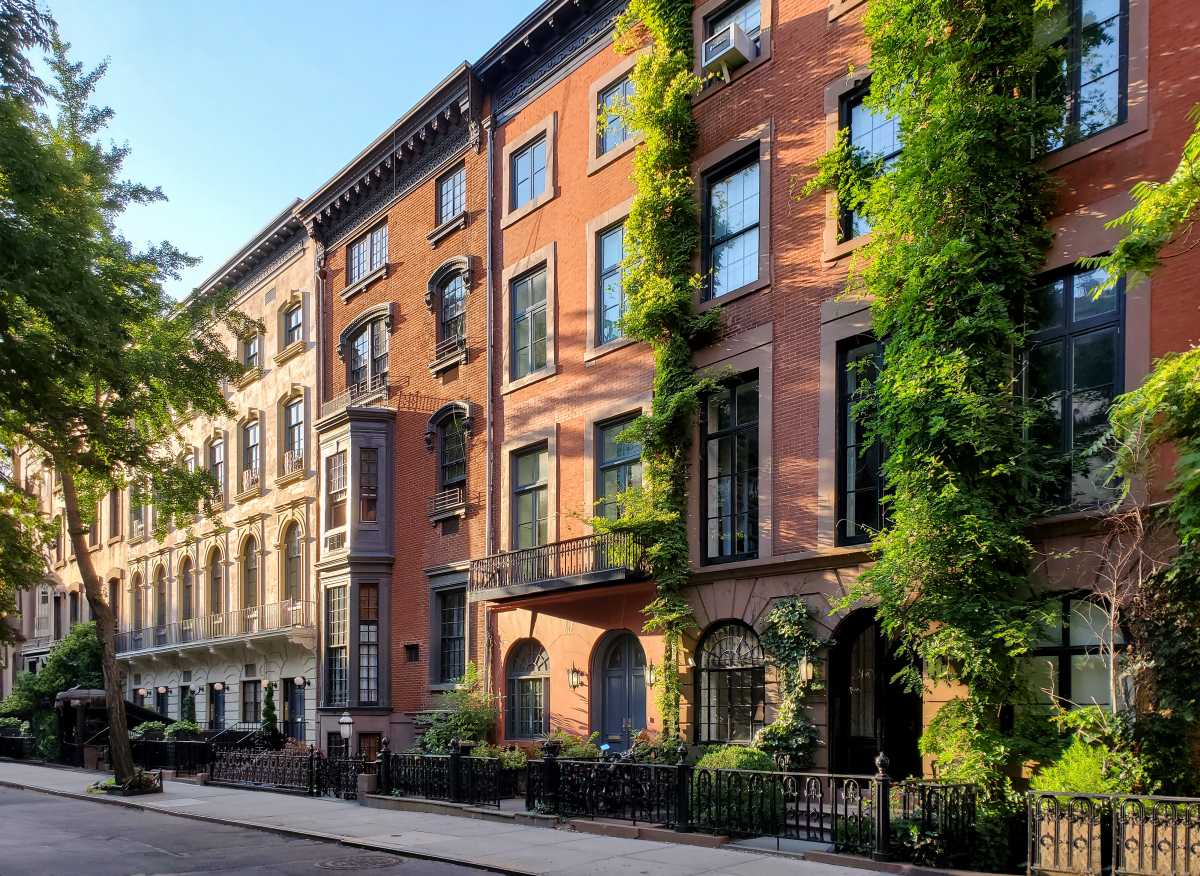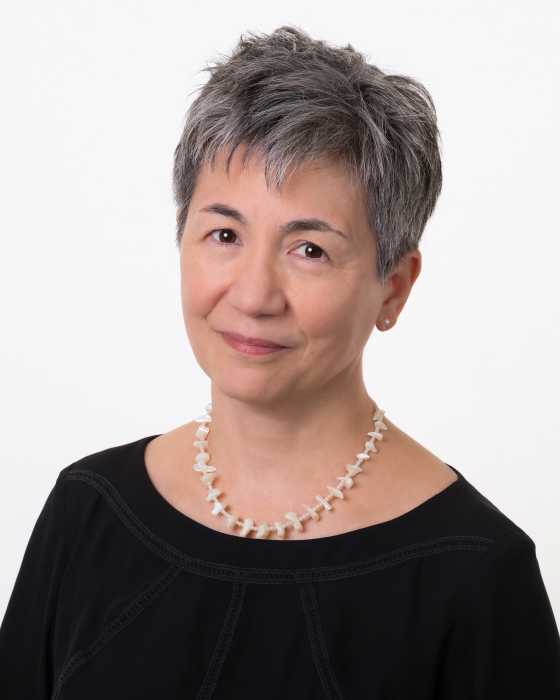By Keen Berger and Brad Hoylman
According to national public opinion polls, the election meltdown in Florida in 2000 and the near meltdown in Ohio in 2004 have lowered voter confidence in the integrity of our elections. As Villagers, few of us have experienced the serious voting mishaps that plagued Florida and Ohio voters. However, we have good reason to be pushing for election reform, too.
In an informal survey on the Sept. 13 primary of polling places in the portion of the 66th Assembly District we represent, we found a host of irregularities. Some of them were garden variety — not enough to change an outcome — including missing signs prohibiting electioneering, misdirected voters and misidentified poll sites.
However, we also found broken voting machines, inattentive poll workers (and others who were late or absent altogether) and voting machines with levers that were stuck. Even some candidates’ names were wrong: In one election district, names of local candidates inexplicably disappeared from the ballot, while in two other election districts, names that had been officially removed reappeared.
If you voted in the primary (unfortunately, only 15 percent of those eligible did so), you may have witnessed some of these problems. Our local findings confirm recent studies conducted by the New York Public Interest Research Group and Citizens Union. These good-government groups have concluded that too many voters face too many problems at the polls on Election Day. We agree.
Part of the problem is there just are not enough good poll workers. As Democratic district leaders, it is our responsibility to appoint local poll workers. Any gaps we leave are filled by the Board of Elections, usually with workers from distant neighborhoods.
Citizens Union recommends that the process for appointing poll workers be changed. They have made a number of suggestions: the city pay a bonus to municipal workers who volunteer as poll workers; the Board of Elections recruit via nonprofits and other civic organizations; the pay for poll workers be increased. These are all ideas worth seriously exploring. However, in the immediate future, we want to use our limited power to appoint competent local poll workers who know the neighborhood and will welcome voters as neighbors.
So, if you are a registered Democrat who sets your own work schedule, or is retired, or can take a day off on Nov. 8, tell us. We want to appoint you. More than 300 people — half of them Democrats — work the polls in the 66th Assembly District, Part A, so there are many opportunities available, primarily as poll workers but also as interpreters. If you are a Republican — or you live elsewhere — we will tell whoever can appoint you.
The reward is participating at the most basic — and important — level of democracy. You’ll help welcome voters, crosscheck voter lists, explain how to operate the voting machines and solve voting problems. You’ll receive training from the Board of Elections and $200 for one long day’s work, in addition to some compensation for passing a simple training test.
If you can’t work this November, apply for next year (when we elect a governor and a U.S. senator, as well as our own Albany representatives). If you are interested or have any other concerns you’d like to share, please contact us by e-mail at DL.66.PartA@gmail.com.
Berger and Hoylman are, respectively, the female and male district leaders for the 66th Assembly District, Part A.






























